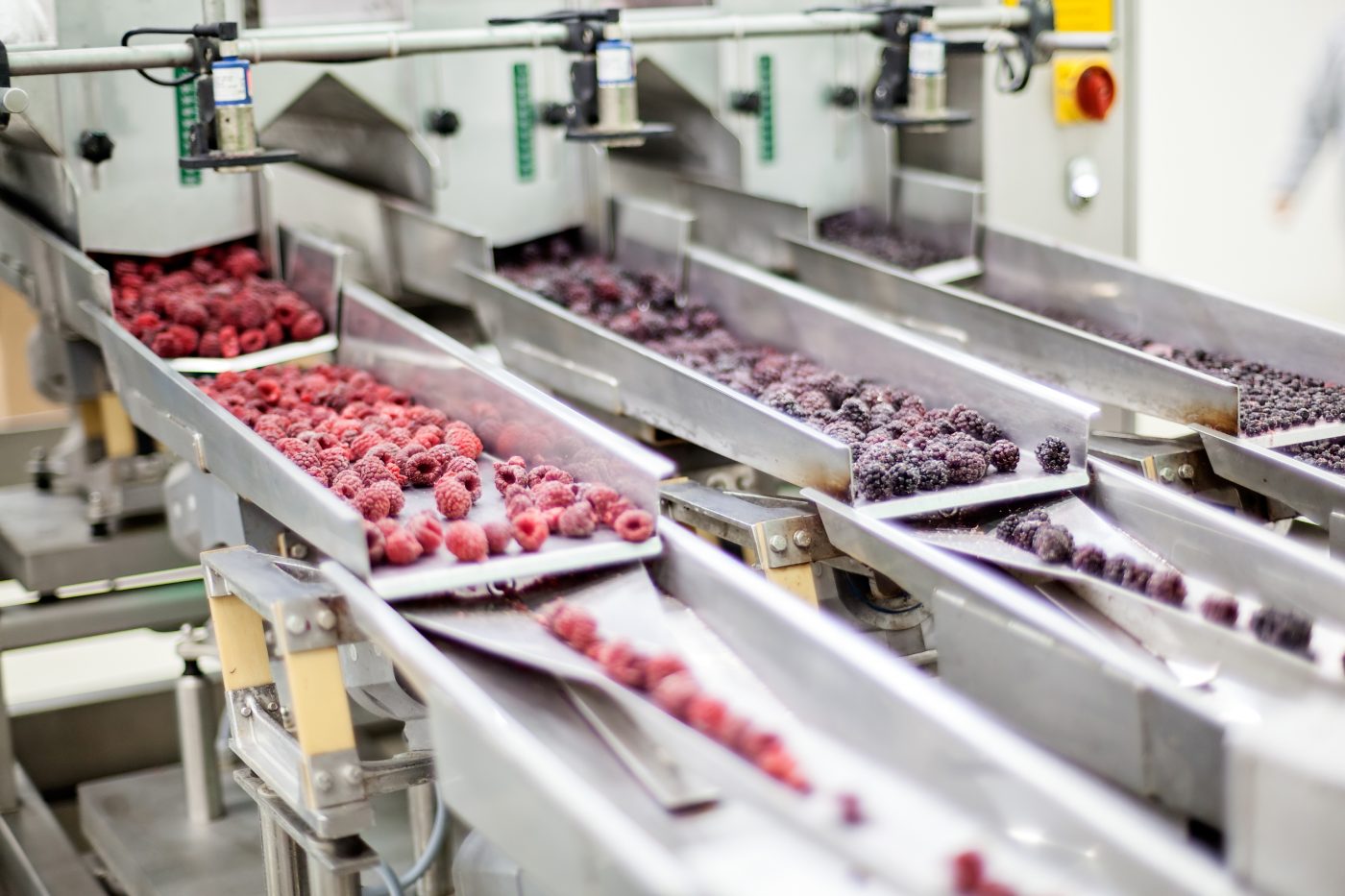Training is an essential ingredient for the food manufacturing industry
AUSTRALIANS are Âgetting used to cheaper goods. Supermarket Âprices in each of the past three years have fallen. The strong dollar has held down the price of imported goods and, in turn, has put enormous pressure on local manufacturers. As a result, many Âmanufacturers have moved their operations offshore or simply closed. But some of the goods and services we need are not easily replaced by overseas goods — fresh food being foremost among them.
Across Australia a range of small to medium-sized food manufacturers have emerged. With their tighter cost margins they are able to compete with the larger branded manufacturers. They have been helped by the big supermarket giants, which are keen to expand their range of generic branded goods. The supermarkets have also worked with the new manufacturers to improve quality — and boost sales.
In turn, these new food manufacturers, if they can fulfil the supermarkets’ demands and prices, are enjoying rising sales. You can see it from the astonishing increase in the amount of pre-packed, prepared food on the shelves. In almost every instance there is a small or medium-sized processor behind the scenes.
But even these companies must be careful to maintain their skill levels. Rocketing demand for skilled workers like engineers, electricians, food quality specialists, butchers and mechanics means that if wage costs start to rise something has to give. So far that has not happened because the many skilled workers who have lost their jobs in other areas provide a ready source of labour. But at some stage that will stop and the resulting wages increases will work their way through into food prices. Supermarkets will resist this, meaning manufacturers will have to make more use of training facilities like TAFE to develop apprentices and keep a ready supply of skills to keep wage pressures in check.
As Rhys Graves, this week’s case-study, points out, there is plenty of work for smaller manufacturers but demand for skills from mining companies could create shortages elsewhere in the economy. Providing certainty for those going into skilled trades is also part of the solution as many will worry about a lack of jobs after they finish an apprenticeship.
Unless Australia has a Âco-ordinated approach to skills training and employment, the time might come when you can kiss that cheap loaf of bread goodbye.

Willingness to learn is the right tool for success in business
Six years ago Rhys Graves was a rock-star — in his mind. He was bass player for Burn The Drama, an aspiring Sydney band that was having moderate success. But he put the guitar back in the rack to become a businessman.
Actually, he says being a cash-strapped musician was probably a good lesson for setting up his own business.
“We did it tough. We worked Saturday and Sunday and we weren’t getting paid. I was single and Dave was just married. Three months after starting I met my now wife.â€
Both were on the tools as contract engineers for big manufacturers.
For Rhys it was a matter of keeping enough money coming in until the band finally broke.
But life takes people in different directions. A chance came up for the two men to create their own business.
“Your growth has to be sustainable. If you bite off more than you can chew you will be broke in six months. One trick is learning how to knock jobs back without losing that client in the future,†he says.
The businessdoes project management, installations, pipe work, welding and base fabrication. Clients include Colgate Palmolive, Qantas, Swire Cold Storage and Coca-Cola Amatil.
Rhys is conscious of the shrinking skill base in Sydney — exacerbated by the mining industry luring away tradies.
Now with around 20 staff, he tries to bring through apprentices, using TAFE to enhance their skills.
“It’s about the right people. Someone can be young and green but absolutely willing to learn.
This news article has been derived from news.com.au. For more details see Training is an essential ingredient for the food manufacturing industry.




Hmm is anyone else experiencing problems with the pictures on this blog
loading? I’m trying to find out if its a problem on my end or
if it’s the blog. Any feed-back would be greatly appreciated.
My website – CBD for anxiety
Hello There. I found your blog using msn. This is an extremely well written article.
I’ll be sure to bookmark it and return to read more of your useful information. Thanks for the post.
I will certainly comeback.
araw9y
This article is packed with great information and is very helpful.
The website is an excellent resource for learning.
Awesome https://t.ly/tndaA
Very good https://is.gd/N1ikS2
https://shorturl.fm/6539m
https://shorturl.fm/j3kEj
https://shorturl.fm/FIJkD
https://shorturl.fm/YvSxU
https://shorturl.fm/5JO3e
https://shorturl.fm/m8ueY
https://shorturl.fm/5JO3e
https://shorturl.fm/m8ueY
https://shorturl.fm/N6nl1
https://shorturl.fm/oYjg5
https://shorturl.fm/YZRz9
https://shorturl.fm/fSv4z
https://shorturl.fm/LdPUr
https://shorturl.fm/VeYJe
https://shorturl.fm/xlGWd
https://shorturl.fm/YZRz9
https://shorturl.fm/IPXDm
https://shorturl.fm/nqe5E
https://shorturl.fm/uyMvT
https://shorturl.fm/MVjF1